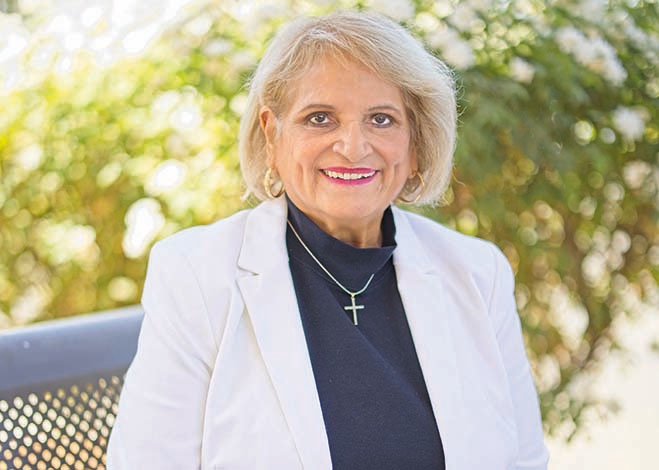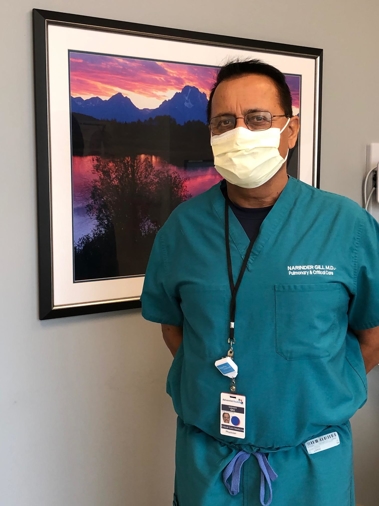Live Well With Diabetes
Sep 29, 2023

About one in 10 Americans are living with a diabetes diagnosis. What’s more, over one-third of adults in the U.S. have prediabetes, or elevated blood sugar levels that are not quite in the diabetes range—yet. With so many Americans dealing with diabetes, it’s important to know how to manage the condition effectively.
It’s all about choices
Andrea Nutt, Adventist Health nurse practitioner, emphasizes that effective diabetes management boils down to making the right choices. “Just like you wake up every morning and choose what to wear, you make small choices every day about how to manage your diabetes.”
One of the most essential pieces of education is making sure that patients understand how their dietary choices affect their blood sugar. For example, pairing carbohydrates with protein helps ensure your blood sugar doesn’t spike after a snack. “Many people think that diabetes means they’ll never be able to eat what they like again,” Nutt says. “And that doesn’t have to be true. My goal is to give patients a set of principles and knowledge so that they can be in control of the condition.”
Simple management tools
Many people find that simply writing down what they eat throughout the day can uncover valuable insights. Nutt notes that measuring blood glucose before and after various food choices helped one of her recent patients make better choices overall. He lost 12 pounds in three months while also bringing his diabetes from not well controlled with an A1C of 8.6% to optimal control with an A1C of 6.2%.
Managing diabetes with dietary choices can even affect the type or amount of medication a person needs. Exercising consistently, lowering stress and quitting smoking are also critical strategies for living a healthy life with diabetes.
Communication is key
Nutt emphasizes that patient-provider communication is crucial. She encourages all her patients to use the Adventist Health patient portal so that they have an easy method of contacting her with questions or concerns.
“It’s important that your healthcare provider is not someone you’re afraid of,” Nutt notes. “I’m here to help give my patients information and guide them to make the best decisions for their life. Patients should feel empowered to get the help they need.”


